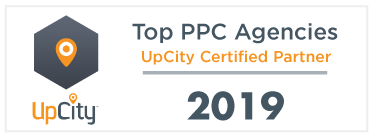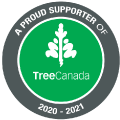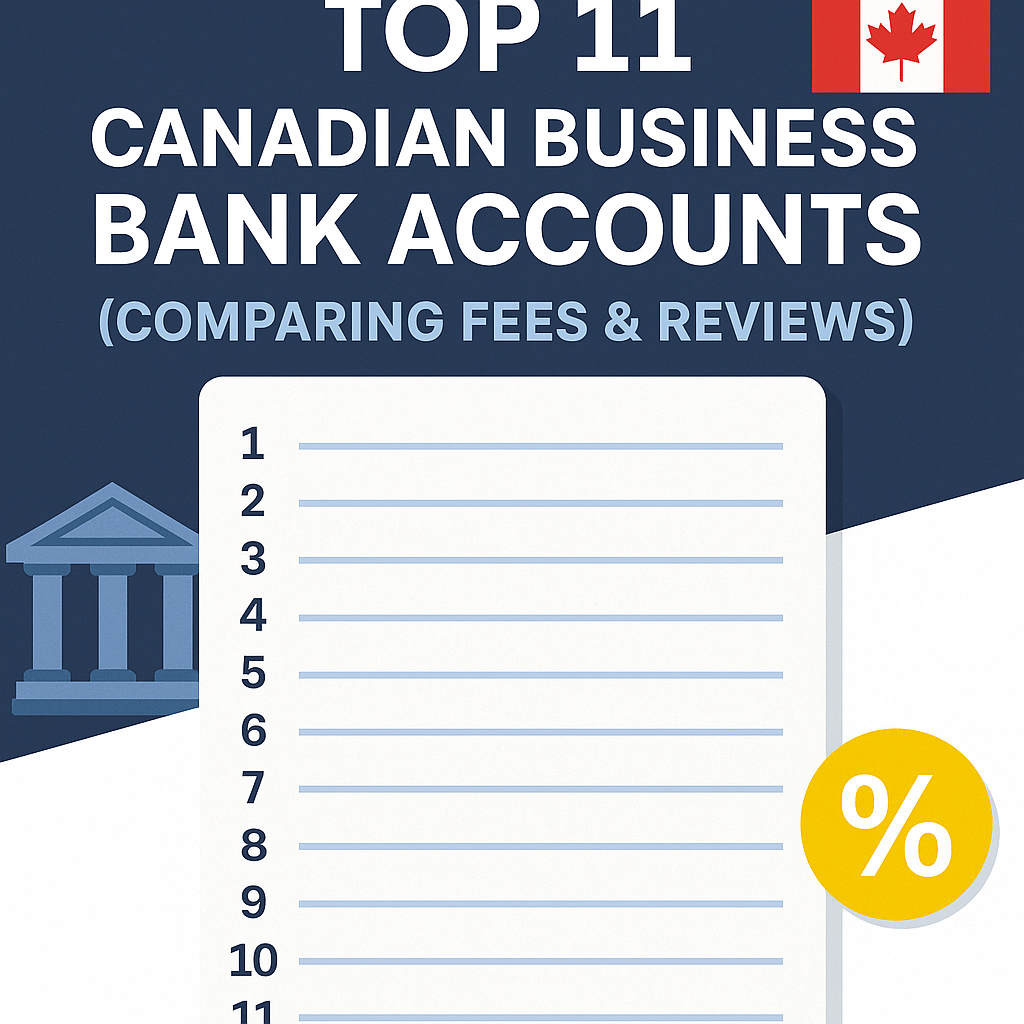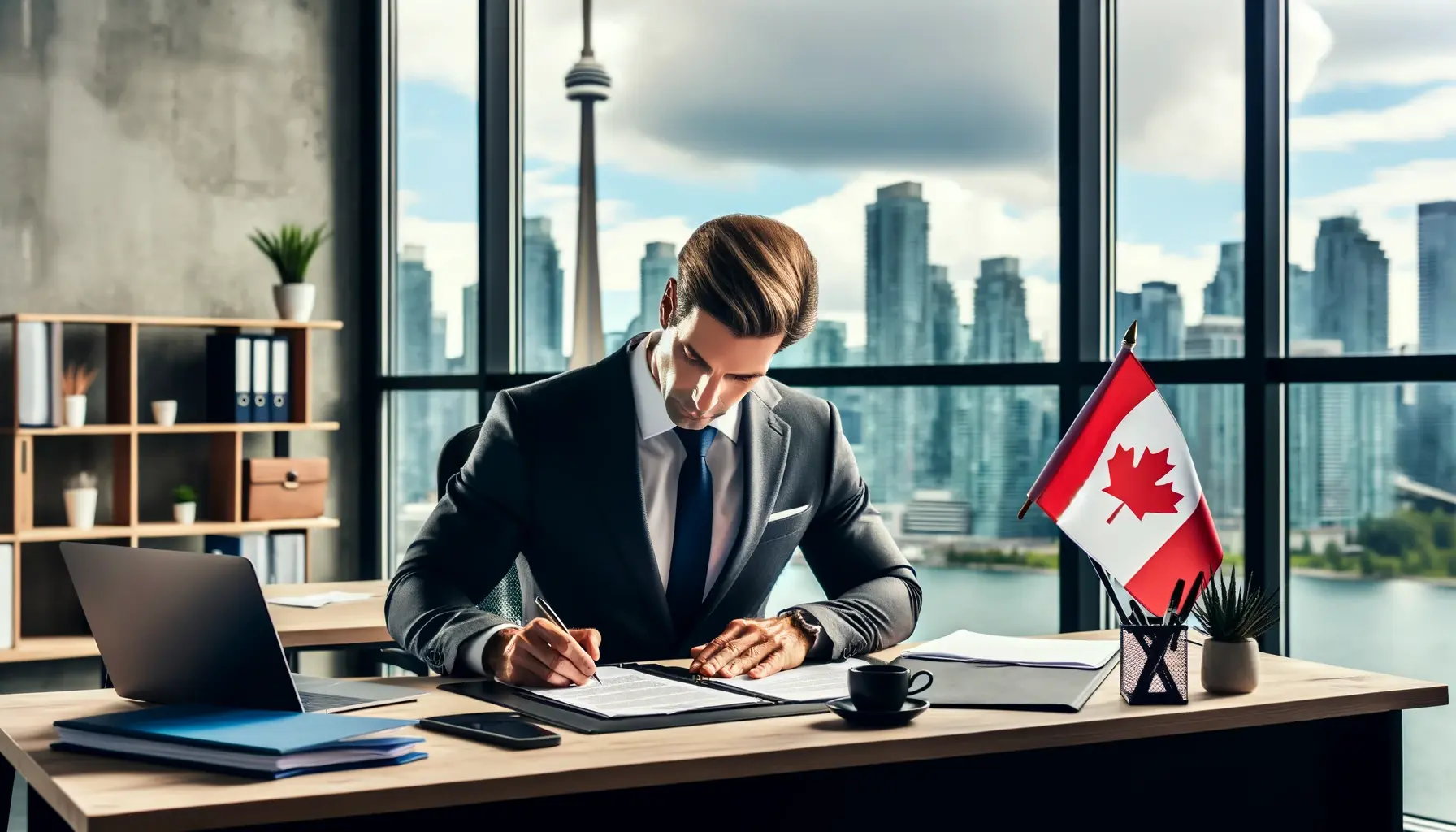GOOGLE ADS MANAGEMENT
ALL SERVICES- GRAPHIC DESIGN & BRANDING
➥ WEBSITE DESIGN TORONTO
➥ TORONTO LOGO DESIGN
➥ BROCHURE GRAPHIC DESIGN
➥ INFOGRAPHIC DESIGN
➥ BUSINESS CARD DESIGN
➥ PACKAGE DESIGN TORONTO
➥ ILLUSTRATION DESIGN
➥ ADVERTISING POSTER DESIGN
➥ BRANDING STRATEGY & SERVICES- ➤ VIEW ALL SERVICES
WEB DEVELOPMENT & SUPPORT
➥ CUSTOM WEB DESIGN TORONTO
➥ ECOMMERCE WEBSITE DESIGN TORONTO
➥ WEBSITE MAINTENANCE SERVICES
➥ SHOPIFY WEBSITE DESIGN
➥ SHOPIFY EXPERTS TORONTO
➥ WORDPRESS DEVELOPMENT
➥ WORDPRESS MAINTENANCE- ➤ VIEW ALL SERVICES
WEBSITE MARKETING & CONTENT
➥ SEO PACKAGES TORONTO
➥ TORONTO SOCIAL MEDIA AGENCY
➥ CONTENT MARKETING TORONTO
➥ PPC MANAGEMENT TORONTO
➥ AFFILIATE MARKETING CANADA
➥ STRATEGIC CONSULTATION- ➤ VIEW ALL SERVICES
ABOUT
RESOURCES- LET’S CHAT
Questions? Call us at
647-348-4995

GOOGLE ADS MANAGEMENT
ALL SERVICES- GRAPHIC DESIGN & BRANDING
➥ WEBSITE DESIGN TORONTO
➥ TORONTO LOGO DESIGN
➥ BROCHURE GRAPHIC DESIGN
➥ INFOGRAPHIC DESIGN
➥ BUSINESS CARD DESIGN
➥ PACKAGE DESIGN TORONTO
➥ ILLUSTRATION DESIGN
➥ ADVERTISING POSTER DESIGN
➥ BRANDING STRATEGY & SERVICES- ➤ VIEW ALL SERVICES
WEB DEVELOPMENT & SUPPORT
➥ CUSTOM WEB DESIGN TORONTO
➥ ECOMMERCE WEBSITE DESIGN TORONTO
➥ WEBSITE MAINTENANCE SERVICES
➥ SHOPIFY WEBSITE DESIGN
➥ SHOPIFY EXPERTS TORONTO
➥ WORDPRESS DEVELOPMENT
➥ WORDPRESS MAINTENANCE- ➤ VIEW ALL SERVICES
WEBSITE MARKETING & CONTENT
➥ SEO PACKAGES TORONTO
➥ TORONTO SOCIAL MEDIA AGENCY
➥ CONTENT MARKETING TORONTO
➥ PPC MANAGEMENT TORONTO
➥ AFFILIATE MARKETING CANADA
➥ STRATEGIC CONSULTATION- ➤ VIEW ALL SERVICES
ABOUT
RESOURCES- LET’S CHAT
Questions? Call us at
647-348-4995

GOOGLE ADS MANAGEMENT
ALL SERVICES- GRAPHIC DESIGN & BRANDING
➥ WEBSITE DESIGN TORONTO
➥ TORONTO LOGO DESIGN
➥ BROCHURE GRAPHIC DESIGN
➥ INFOGRAPHIC DESIGN
➥ BUSINESS CARD DESIGN
➥ PACKAGE DESIGN TORONTO
➥ ILLUSTRATION DESIGN
➥ ADVERTISING POSTER DESIGN
➥ BRANDING STRATEGY & SERVICES- ➤ VIEW ALL SERVICES
WEB DEVELOPMENT & SUPPORT
➥ CUSTOM WEB DESIGN TORONTO
➥ ECOMMERCE WEBSITE DESIGN TORONTO
➥ WEBSITE MAINTENANCE SERVICES
➥ SHOPIFY WEBSITE DESIGN
➥ SHOPIFY EXPERTS TORONTO
➥ WORDPRESS DEVELOPMENT
➥ WORDPRESS MAINTENANCE- ➤ VIEW ALL SERVICES
WEBSITE MARKETING & CONTENT
➥ SEO PACKAGES TORONTO
➥ TORONTO SOCIAL MEDIA AGENCY
➥ CONTENT MARKETING TORONTO
➥ PPC MANAGEMENT TORONTO
➥ AFFILIATE MARKETING CANADA
➥ STRATEGIC CONSULTATION- ➤ VIEW ALL SERVICES
ABOUT
RESOURCES- LET’S CHAT
Questions? Call us at
647-348-4995

GOOGLE ADS MANAGEMENT
ALL SERVICES- GRAPHIC DESIGN & BRANDING
➥ WEBSITE DESIGN TORONTO
➥ TORONTO LOGO DESIGN
➥ BROCHURE GRAPHIC DESIGN
➥ INFOGRAPHIC DESIGN
➥ BUSINESS CARD DESIGN
➥ PACKAGE DESIGN TORONTO
➥ ILLUSTRATION DESIGN
➥ ADVERTISING POSTER DESIGN
➥ BRANDING STRATEGY & SERVICES- ➤ VIEW ALL SERVICES
WEB DEVELOPMENT & SUPPORT
➥ CUSTOM WEB DESIGN TORONTO
➥ ECOMMERCE WEBSITE DESIGN TORONTO
➥ WEBSITE MAINTENANCE SERVICES
➥ SHOPIFY WEBSITE DESIGN
➥ SHOPIFY EXPERTS TORONTO
➥ WORDPRESS DEVELOPMENT
➥ WORDPRESS MAINTENANCE- ➤ VIEW ALL SERVICES
WEBSITE MARKETING & CONTENT
➥ SEO PACKAGES TORONTO
➥ TORONTO SOCIAL MEDIA AGENCY
➥ CONTENT MARKETING TORONTO
➥ PPC MANAGEMENT TORONTO
➥ AFFILIATE MARKETING CANADA
➥ STRATEGIC CONSULTATION- ➤ VIEW ALL SERVICES
ABOUT
RESOURCES- LET’S CHAT
Questions? Call us at
647-348-4995
![]()
![]()
![]()

- December 20, 2024
-
 Talon Uddin
Talon Uddin
Struggling with low local traffic? Local SEO is different from Global SEO and involves different strategies. In this post, I’ll provide you with 10 strategies you can implement immediately to boost your local rankings:
1. Optimize the Google Business Profile (GBP)
- Ensure NAP Consistency: Verify that the Name, Address, and Phone number are accurate and consistent across all online platforms.
- Categories: Choose the most relevant primary category for the business. Add secondary categories where applicable.
- Complete Profile: Fill out all sections of the profile, including business description, services, and attributes.
- Photos & Videos: Regularly upload high-quality photos and videos showcasing the business, services, or products.
- Business Hours: Ensure that business hours are accurate and updated, including holiday hours.
- Posts: Use Google Posts to share updates, promotions, events, or blog content.
2. Encourage Customer Reviews
- Ask for Reviews: Encourage satisfied customers to leave positive reviews. Provide direct links to your GBP review page.
- Respond to Reviews: Respond to all reviews (positive and negative) professionally and promptly.
- Build Trust: Use responses to highlight key services or values.
3. Improve Local SEO
- Keyword Research: Identify keywords with local intent, such as “near me” searches or city-specific terms.
- On-Page Optimization: Include the target location in title tags, meta descriptions, headers, and content on the website.
- Local Landing Pages: Create pages for each target location with unique, valuable content.
- Schema Markup: Add LocalBusiness schema to the website to help search engines understand the business better.
4. Build Citations
- Local Directories: Ensure the business is listed on reputable directories like Yelp, Yellow Pages, and local industry-specific directories.
- Consistency: Keep the business information (NAP) consistent across all listings.
- Check for Duplicates: Remove duplicate or outdated listings that may confuse search engines.
5. Focus on Link Building
- Local Backlinks: Partner with local organizations, bloggers, or news outlets to earn backlinks.
- Community Involvement: Sponsor local events, charities, or activities and request links to the business’s website.
- Guest Blogging: Write guest posts on local websites with a link back to your client’s site.
6. Monitor and Improve Engagement
- Q&A Section on GBP: Regularly check and answer questions on the business’s Google profile.
- User Engagement: Track clicks, calls, and requests for directions through GBP insights. Adapt strategies to increase these metrics.
7. Leverage Social Media
- Local Campaigns: Run geo-targeted ads and posts.
- Engagement: Share local content and interact with the community on platforms like Facebook, Instagram, and Twitter.
8. Audit and Fix Technical Issues
- Website Performance: Ensure the site is fast, mobile-friendly, and free of technical SEO issues.
- URL Consistency: Use clear, location-based URLs for local pages.
- Error Monitoring: Check for crawl errors or broken links and fix them.
9. Track and Adjust
- Use Tools: Monitor local rankings using tools like BrightLocal, Whitespark, or SEMrush.
- Analyze Data: Use Google Analytics and Search Console to identify trends and opportunities.
- A/B Testing: Experiment with different strategies and track the impact.
10. Competitor Analysis
- Identify top local competitors and analyze their strategies:
- Categories used
- Number and quality of reviews
- Local backlink sources
- On-page SEO tactics
FAQ: Improving Local Map Rankings
1. Why is our local map ranking dropping?
Several factors could be causing the drop:
- Changes in Google’s algorithm
- Increased competition in your area
- Inconsistent or outdated information in your online listings
- Fewer recent customer reviews or negative reviews
- Lack of regular updates to your Google Business Profile (GBP)
2. How important is Google Business Profile for local rankings?
GBP is one of the most critical factors for local SEO. It helps your business appear in local search results and Google Maps. A fully optimized profile increases visibility, credibility, and customer engagement.
3. What role do customer reviews play in local rankings?
Reviews are a significant ranking factor. Google prioritizes businesses with high ratings, consistent reviews, and active engagement. Responding to reviews also signals that your business is active and customer-focused.
4. What is NAP consistency, and why does it matter?
NAP stands for Name, Address, and Phone number. Consistent NAP information across all online platforms (GBP, social media, directories) helps Google verify your business’s legitimacy and improves local rankings.
5. Should we target keywords for local SEO?
Yes, keywords with local intent (e.g., “best plumber in [city]”) help you rank higher for location-specific searches. Incorporate these keywords into your website content, GBP, and online listings.
6. How often should we update our Google Business Profile?
Regular updates are essential. Aim to:
- Post updates or promotions weekly
- Add new photos monthly
- Update holiday hours or seasonal changes as needed
7. What are citations, and why are they important?
Citations are mentions of your business on other websites, usually including your NAP. High-quality citations on trusted directories signal your business’s authority to Google and improve local rankings.
8. How do backlinks impact local rankings?
Backlinks from reputable, local websites improve your site’s authority and relevance. Partner with local businesses, sponsor events, or write guest posts to earn backlinks.
9. How can we monitor our local rankings?
Use tools like:
- Google My Business Insights: Tracks clicks, calls, and direction requests from GBP.
- BrightLocal or Whitespark: Monitors local search rankings.
- Google Analytics and Search Console: Tracks organic traffic and search performance.
10. Is social media important for local SEO?
Yes, an active social media presence can improve local engagement and drive traffic to your site or GBP. Sharing location-specific content, running ads, and engaging with local users helps improve visibility.
11. How long does it take to see improvements in local rankings?
Improvements can take weeks to months, depending on factors like competition, your current standing, and the changes implemented. Consistent effort yields the best results.
12. Do negative reviews hurt rankings?
While a few negative reviews won’t destroy your ranking, consistently low ratings can. Respond professionally to negative reviews to show potential customers that you address concerns and value feedback.
13. Can duplicate listings hurt our rankings?
Yes, guaranteed. Duplicate listings confuse search engines and users. Remove or merge duplicates to consolidate your business information and avoid ranking penalties.
14. What are Google Posts, and how can they help?
Google Posts are short updates you can share on your GBP. They help keep your profile active, engage potential customers, and highlight special offers, events, or new services.
15. Should we use paid ads to improve local rankings?
While ads don’t directly improve organic rankings, they can drive more traffic and visibility to your business, and offer you more of a guarantee that you will be showing in the top 3 sponsored results consistently. Consider running local PPC campaigns to complement your SEO efforts.

Talon is the Director of Growth at Little Dragon Media. As an ex-Google employee, Talon understands the ins and outs of SEO and Google Ads at a deep level. He enjoys helping small businesses improve their digital marketing ROI through cutting-edge search engine optimization and marketing strategies.
RECENT POSTS
- Top 11 Canadian Business Bank Accounts (Comparing Fees & Reviews)
- PolicyMe – Legit Canadian Insurance Policy? Let’s Review…
- 10 Small Business Loans & Financing Options in Ontario
- Top 8 Small Business Insurance Providers in Canada (2025)
- SCAM ALERT: How a Fake Google Ads Inquiry Nearly Got Us (And How to Protect Yourself)

Ready to chat about how Little Dragon Media can enhance your business?
Call us now at 647-348-4995 or

OUR AWARDS & CERTIFICATIONS






WHAT OUR CLIENTS ARE SAYING



Little Dragon Media's professionalism and commitment to delivering excellence are truly commendable. I highly recommend their services... Thank you for your stellar work!
- Delna Bharucha

Little Dragon Media worked on developing our logo and website. They did an absolutely AMAZING job on both projects. These guys ROCK and you won't be disappointed.
- Sonia Nutt

My team had a great experience working with Little Dragon Media. We will certainly engage with Little Dragon Media for any additional projects in the future. Highly recommend!
- Carly Rooney



- 682A St-Clair West Toronto, ON M6C 1B1
- (647)-348-4995
- info@littledragon.ca
MOST POPULAR SERVICES
RECENT POSTS
GET MORE CLIENTS
Don't let your competitors take over. We'll help you climb to the top and get more clients.



- 682A St-Clair West Toronto, ON M6C1B1
- (647)-348-4995
- info@littledragon.ca
MOST POPULAR SERVICES
RECENT POSTS
GET MORE CLIENTS
Don't let your competitors take over. We'll help you climb to the top and get more clients.

Contact | Press Mentions | Privacy Policy | Terms of Service
© 2024 Little Dragon Media. All Rights Reserved.






